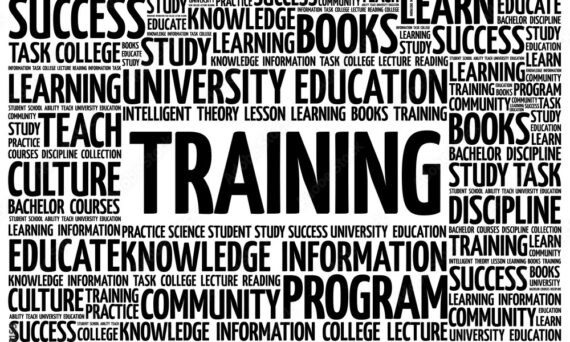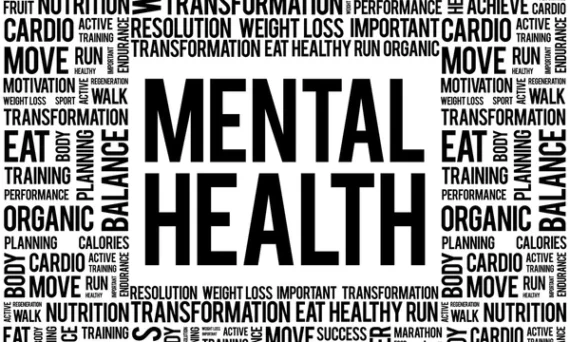ASPECTS IN PSYCHOLOGICAL TREATMENT : EMPOWER YOUR MIND TO CONQUER CHALLENGES



STUDY SKILLS
In psychological treatment, developing effective study skills is crucial for improving academic performance and reducing stress related to learning. Therapy focuses on enhancing individuals’ ability to concentrate, retain information, and manage study time efficiently.
- Through cognitive-behavioral techniques and educational strategies, individuals learn how to overcome barriers such as procrastination, test anxiety, and lack of motivation.
- Therapists provide guidance on setting realistic study goals, creating personalized study routines, and using active learning techniques to enhance comprehension and retention.
- Additionally, therapy addresses perfectionism and negative self-talk that may hinder academic progress. By improving study skills, individuals can boost their confidence, reduce academic stress, and achieve their learning objectives, ultimately leading to greater success and a sense of accomplishment in their educational pursuits.
CONCENTRATION
Concentration is a critical component of psychological treatment, playing a pivotal role in enhancing cognitive function and overall well-being. Therapy focuses on helping individuals improve their ability to focus and sustain attention in various aspects of life.
- Through mindfulness practices, cognitive training, and relaxation techniques, individuals learn to manage distractions, regulate their attention, and increase their capacity for sustained focus.
- Therapists also address underlying factors that may impede concentration, such as anxiety, stress, or attention-deficit issues.
- By strengthening the concentration skills, individuals can experience improved academic and work performance, better interpersonal relationships, and a greater ability to engage in activities that bring fulfillment.
- Ultimately, enhanced concentration contributes to a sense of control, productivity, and mental clarity, fostering overall psychological health and well-being.
MEMORY POWER
Memory power is a key aspect addressed in psychological treatment to enhance cognitive functioning and overall well-being. Therapy focuses on improving individuals’ ability to encode, store, and retrieve information effectively.
- Through memory-enhancing techniques such as visualization, association, and rehearsal, individuals can strengthen their memory capacity and retention.
- Therapists also work on addressing factors that may impact memory, including stress, sleep disturbances, and underlying psychological conditions.
- By incorporating cognitive exercises, mindfulness practices, and lifestyle adjustments, individuals can boost their memory power, enhance learning and problem-solving skills, and maintain cognitive vitality as they age.
- Improved memory function not only benefits academic and work performance but also contributes to greater confidence, mental agility, and quality of life, fostering overall psychological health and well-being.
CAREER PLANNING
Enhancing memory power is a key focus in psychological treatments to improve the cognitive health and daily functioning. Techniques include mindfulness meditation, which reduces stress and enhances focus, and cognitive behavioral therapy (CBT) to address negative thought patterns that may impair memory.Career planning involves setting professional goals, identifying necessary skills, and creating actionable steps to achieve a fulfilling caree.
- Memory training exercises, such as mnemonics, visualization, and the method of loci, strengthen neural connections. Regular physical exercise and a balanced diet rich in antioxidants also support brain health.
- Additionally, maintaining social connections and lifelong learning keeps the brain active and engaged. By integrating these methods, psychological treatments can effectively boost memory power, promoting better mental clarity and overall well-being.
MENTAL HEALTH AWARENESS
Raising mental health awareness is essential in psychological treatment, fostering understanding and a reducing stigma. Education about mental health conditions empowers individuals to recognize symptoms and seek help early.
- Psychologists use various methods, including workshops, community programs, and media campaigns, to spread wide awareness.
- Emphasizing the importance of self-care practices, such as stress management, healthy relationships, and regular physical activity, supports mental well-being.
- Normalizing conversations about mental health in schools, workplaces, and families encourages openness and support.
- By promoting awareness, psychological treatments not only help individuals manage their conditions but also create a more informed and compassionate society, where mental health is prioritized and respected.
